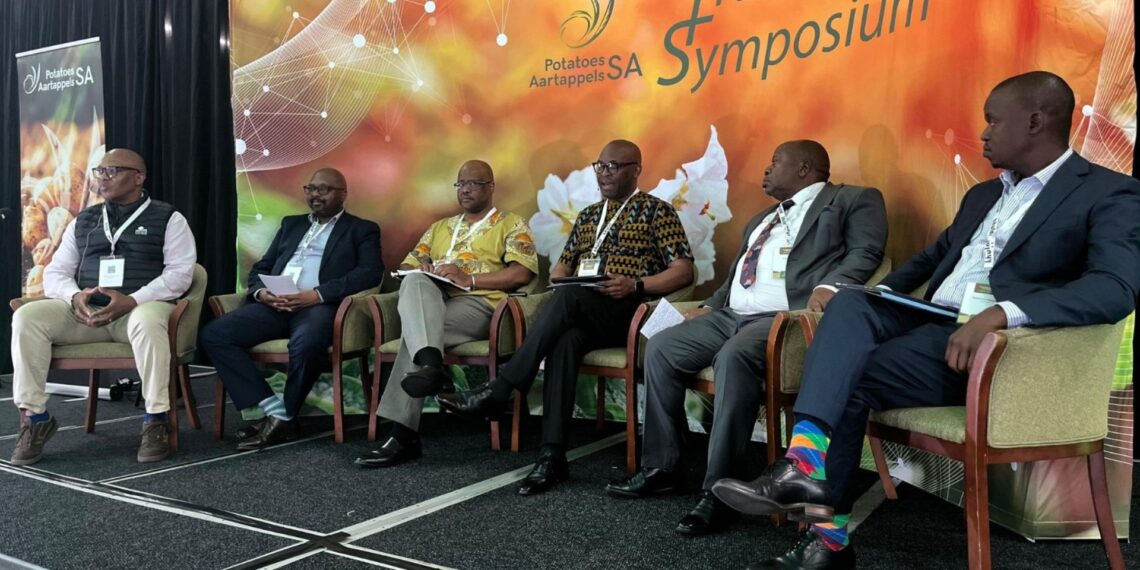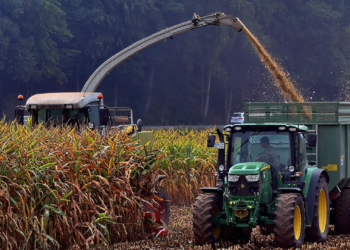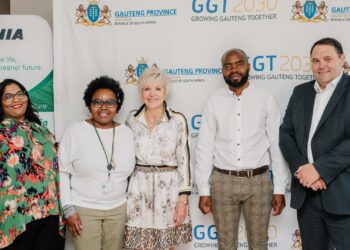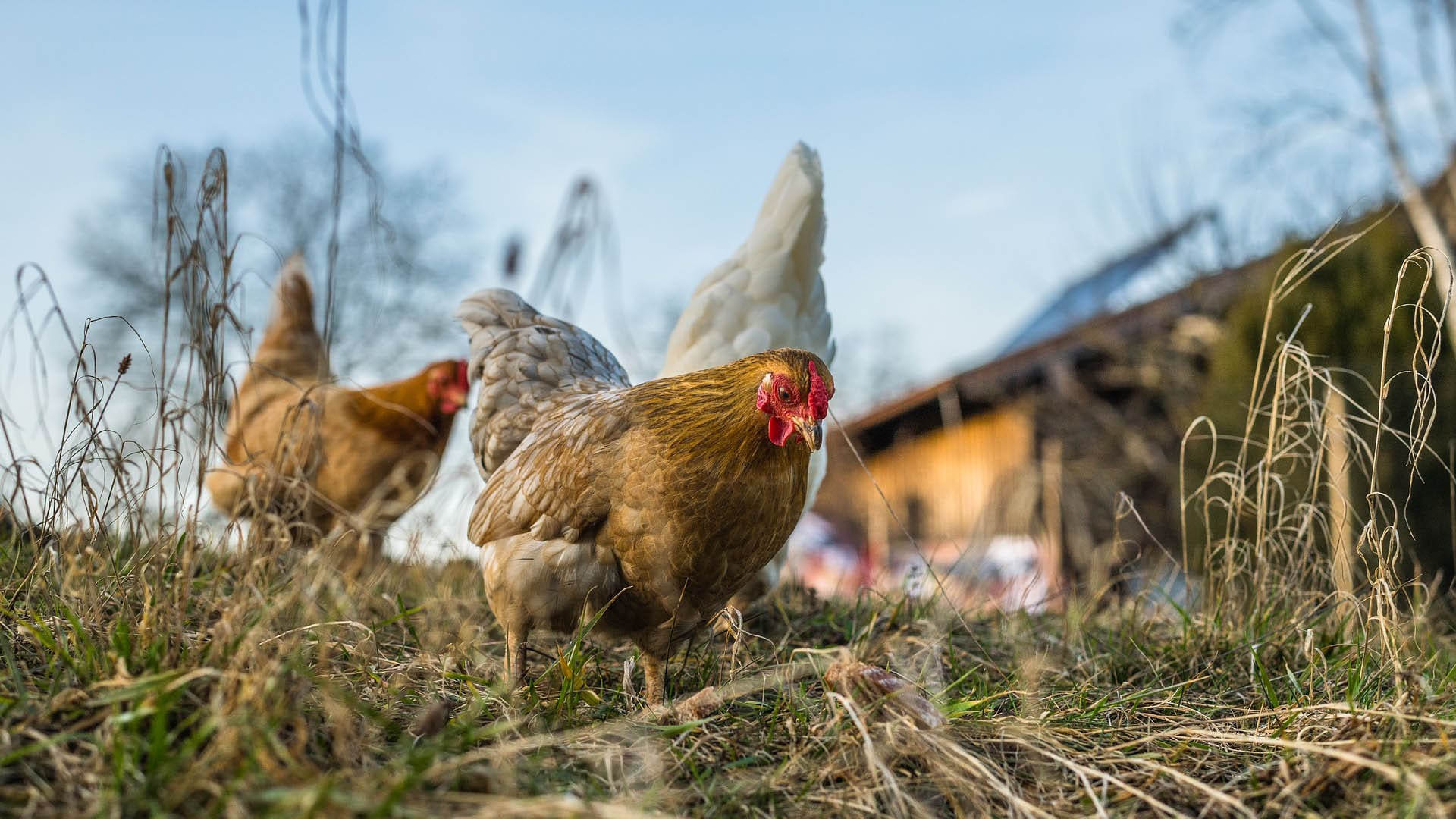The 2025 Potato SA Transformation Symposium placed strong emphasis on building partnerships and fostering collaboration among different stakeholders, with sustainability and post-funding support emerging as central themes.
The event, attended by farmers, funding institutions, government officials, and organised agriculture in Limpopo, dealt extensively with the role each stakeholder has in making transformation an actionable aspect and not only a slogan.
Held under a theme, “Old roots, new shoots: Revitalising and fostering new partnerships,” speakers highlighted how important it is to never lose sight of a farmer while decisions are made.
Need for mentorship in potato industry
According to Elder Mtshiza, chief director for farmer support development strategy 2030 from the department of agriculture, financial organisations need to remember that black farmers are not incompetent.
“What we need is to push for mentorship. I am not saying hold black farmers with soft gloves, but mentor them and show them where they are wrong; trust them with those big funds. Walk with them through the journey. Test them and show what needs to be done.
“With the rate of food insecurity in South Africa, we need to make it possible for every household in South Africa to grow a potato; that is true transformation that needs to happen,” she said.
Chief executive officer of Potato SA, Willie Jacobs, said the potato industry has been growing, not only from the farmer’s perspective but also the impact it has had on society.
Related stories
- Potatoes SA and DBE partner to power up school nutrition
- Potato farming: Tips from a pro to beat climate challenges
- Rethinking farm funding: MEC calls for smarter financing models
- Eastern Cape citrus study reveals women farmers still left behind
“Transformation has become the critical element in what we do at Potato SA. We have 2.55 million tons produced every year, with 51 368 hectares planted, and this makes us proud.
“It is only in South Africa where you can get a potato that is produced daily, and the work we have done in seeing black farmers coming from the ranks and being part of the statistics makes us happy,” he said.
Jacobs announced that they have funded and worked with 25 enterprise development projects, of which the majority are in Limpopo. He added that development partners, especially the department of agriculture and land reform, have invested R180 million.
Although there have been 2 500 jobs created, which is a step in the right direction, Jacobs said they want to see more farmers emerging from other provinces with lower numbers.
“We need to remove the bottlenecks to empower farmers; however, what is critically important is that we need each other to create more community of farmers and build a lasting legacy,” he said.
Building relationships and markets
Meanwhile, Potato SA transformation chairperson Meshack Ndongeni said their work is not only to transform farmers, but also to push them to be commercial and create jobs in their provinces.
“Ours is to support farmers to be able to produce according to the industry’s norms and standards, to be profitable. We want to reach all provinces; we want farmers who will be ready to export and ready to work hard. That is what we are working towards in what we are doing,” he said.
Chief agricultural economist at Land Bank, Sakhumzi May, said it is crucial to build lasting relationships amongst stakeholders to ensure that the commodity not only grows but prospers.
“While we grow the industry, we need to ensure we take care of markets, because they are extremely important; we cannot work without them. Transformation in this sector is very key and important for South Africa to prosper,” May said.
READ NEXT: Rethinking farm funding: MEC calls for smarter financing models


















